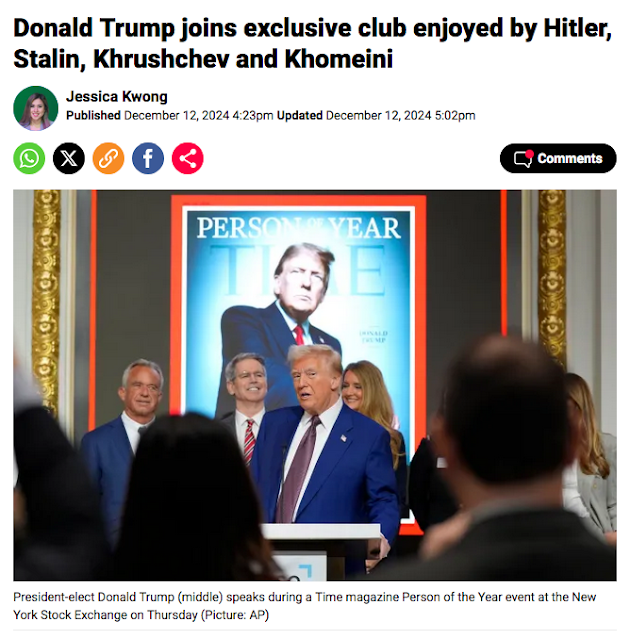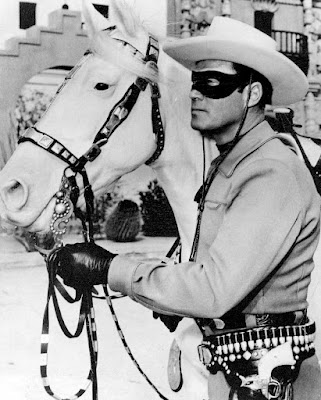‘Democracy,’ He Cried
Joe Biden was at his demagogic worst this weekend, railing against Donald Trump and obsessing about January 6.
The contrast couldn’t have been any more stark. There, during the brutal winter of 1777, General George Washington, leader of the Continental Army, kneeled in prayer in the snow of Valley Forge. And there, this past Friday, decrepit Joe Biden, leader of an out-of-touch political party, disgracefully pitted one group of Americans against another and railed against his predecessor as president.
Indeed, Biden’s obsession with Donald Trump is pathological.
That Biden chose Valley Forge to make his first speech of the 2024 campaign was disgraceful but not surprising. He has no shame, and his voters tend to be incurious and ill-informed. General Washington lost some 2,000 men during that six-month encampment at Valley Forge, but Biden didn’t mention this. All he wanted to do was invoke the name of the great leader, the Indispensable Man, so as to add gravity and vitality to a tired and tiresome speech.
He failed. So did his accompanying campaign ad.
We will say this, though: By inviting Dauphin County Commissioner Justin Douglas to introduce him, Biden locked up the all-important men-with-spacers vote. This goes to the weirdness of today’s Democrat Party. Pennsylvania has a Democrat governor and two Democrat senators, but Biden chose to be introduced by a guy with see-through earlobes.
Commissioner Douglas talked about “the bedrock of our democracy” and about how Trump is “unfit to be president,” which, frankly, left Biden very little to talk about.
Biden’s Speech:
https://www.youtube.com/watch?v=TVe2VjI8c-I&t=1295s
Undeterred, Biden began by — surprise! — rehashing January 6. “Today,” he said, “we gather in a new year, some 246 years later, just one day before January 6, a day forever seared in our memory because it was on that day that we nearly lost America, lost it all.”
What kind of dolt believes “we nearly lost America” on January 6? And what kind of American president thinks so little of his audience?
Biden continued: “Today, we’re here to answer the most important of questions. Is democracy still America’s sacred cause? I mean it. This is not rhetorical, academic, or hypothetical. Whether democracy is still America’s sacred cause is the most urgent question of our time.”
If this was the point of Biden’s speech, we could’ve saved him some time. Democracy is not America’s “sacred cause” and it never was. We get tired of saying it, but ours is a republic, not a democracy, which Founding Fathers like Washington expressly rejected.

As our Mark Alexander noted recently, Joe Biden is the greatest threat to our republic precisely because he keeps calling it a democracy.
Democracy is a euphemism for mob rule, and history shows that mob rule always ends badly. And yet Biden uttered the word “democracy” 28 times during his speech without even once mentioning the word “republic.”
“Donald Trump’s campaign is obsessed with the past,” said the guy who can’t seem to stop talking about the 2020 election, or about January 6, 2021. Indeed, that’s pretty much what Biden’s entire speech was about. He continued:
“Three years ago tomorrow, we saw with our own eyes the violent mob stormed the United States Capitol. It was almost in disbelief as you first turned on the television. For the first time in our history, insurrectionists had come to stop the peaceful transfer, transfer of power in America. First time. Smashing windows, shattering doors, attacking the police. Outside, gallows were erected as the MAGA crowd chanted, ‘Hang Mike Pence.’“
Okay, we’ll bite. First, that "gallows” Biden mentions looked like it was made by a fifth-grader. Second, more than three years after it was erected there on the Capitol Mall, the world’s most elite investigative agency hasn’t solved the mystery of who the five guys were who built it. That’s right: We know that precisely five guys built it because they were captured on video doing just that. And yet. In the most heavily surveilled part of the world’s most heavily surveilled city, the same FBI that went coast-to-coast to track down and round up more than 1,200 J6 participants hasn’t been able to determine who these five gallows-builders were.
https://www.washingtonexaminer.com/news/washington-secrets/2447016/new-suspicions-on-who-built-jan-6-gallows/
How on earth can the FBI not know who the guy in this series of pictures is? And how can investigators not know the identity of the guy who left the fivesome at 6:45 a.m. to fetch coffee from a shop directly across the street from the FBI’s J. Edgar Hoover Building? Answer: They can’t not know — not unless they don’t want to know. And why hasn’t FBI Director Chris Wray been hauled before one congressional committee after another and asked to explain this?
Why, it’s almost as if these five mysterious guys were somehow in cahoots with the guy who planted those pipe bombs in front of the DNC and RNC headquarters nearby. Somehow, that guy, that would-be pipe-bomber, hasn’t been identified either. What are the odds?
Back to Biden’s speech: “Trump lost the popular vote by seven million,” he complained. But wethinks he doth protest too much. Biden failed to inform his clapping seals that Trump actually lost the election by a razor-thin 43,000 votes across three swing states: Arizona, Georgia, and Wisconsin. And he didn’t bother to mention that a sufficient number of votes in those three states would almost certainly have flipped to Trump had the FBI not colluded with Twitter and Facebook to suppress the New York Post’s pre-election bombshell about Hunter Biden’s laptop and his family’s influence-peddling operation.
That’s to say nothing of the bulk-mail ballots that grossly inflated Biden’s seven-million-vote spread.
“I’ll say what Donald Trump won’t,” said Scranton Joe. “Political violence is never, ever acceptable in the United States political system. Never, never, never.” Unless, of course, the political violence comes from the Left — as it did with the Black Lives Matter riots, as it does with antifa’s mayhem, and as it did on the day of Donald Trump’s inauguration on January 20, 2017, when, as CNN reported, rioters “smashed storefronts and bus stops, hammered out the windows of a limousine, and eventually launched rocks at a phalanx of police.” Six cops were injured that day, and 230 rioters were arrested. But on July 6, 2018, the Associated Press reported that the government had dropped the charges against all inauguration protesters.
And yet, as Biden put it, “We’re living in an era where a determined minority is doing everything in its power to try to destroy our democracy for their own agenda.”
Finally, we bring you the idiocy of Joe Biden’s fellow Democrats — in this case, former New Hampshire Governor and current Senator Jeanne Shaheen. In a since-deleted X post, Shaheen attributed the following quote to Ben Franklin: “A democracy, if you can keep it.”

Franklin, of course, said nothing of the sort. When on September 17, 1787, Elizabeth Willing Powel asked him outside Philadelphia’s Independence Hall at the conclusion of the Constitutional Convention, “Well, Doctor, what have we got, a republic or a monarchy?” Franklin answered, “A republic, if you can keep it.”
A republic, if you can keep it.
When it comes to “democracy,” the Democrats are stuck on stupid.
https://patriotpost.us/articles/103364-democracy-he-cried-2024-01-08



























































